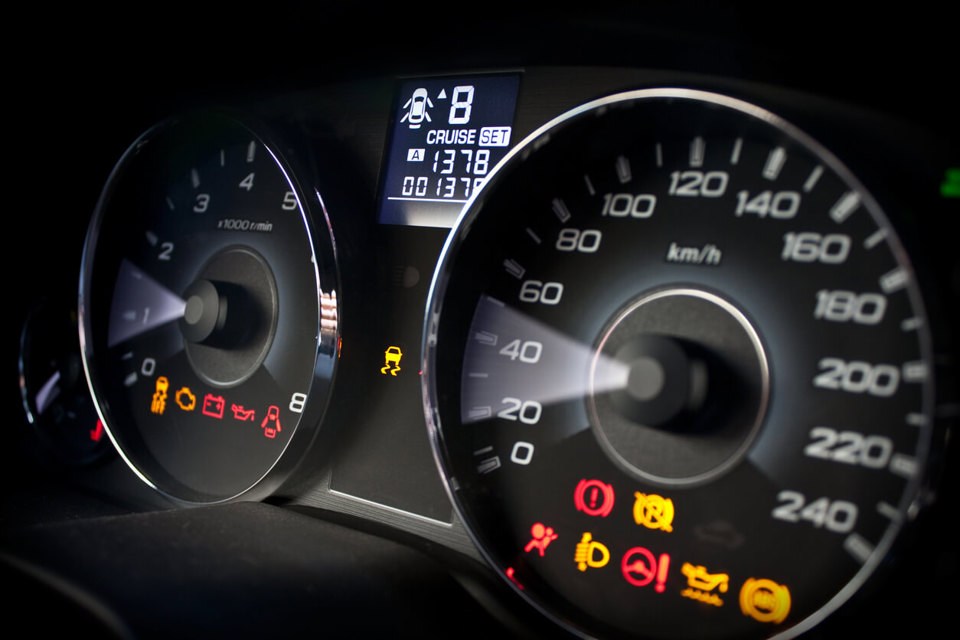Speeding offences are now at an 11-year high, according to new figures from the Department for Transport (DfT).
The number of drivers caught speeding in 2016 are now at levels last seen in 2005, and mark the fifth consecutive year of growth.
In 2011, there were 1.6 million prosecutions for speed limit offences but the number has now leapt to 2.1 million, a rise of more than 30%. The DfT figures reveal that, from 2005 to 2010, speeding fell year-on-year, reaching a low of 1.1 million. However, they have been steadily rising ever since.
Neil Greig, IAM RoadSmart director of policy and research, said: “Unfortunately these figures show that we still have a long way to go to make speeding as socially unacceptable as drinking and driving.
“While some of the increase in the volume of speeding offences has been caused by a change in reporting methods – with those attending driver awareness courses which have been shown to reduce reoffending now included – there is no doubt that speeding remains a major safety concern.
“Resources are still needed for education and publicity campaigns to drive home the message that road safety is as much about taking personal responsibility as it is about new methods of enforcement.”
The DfT statistics are not divided into car, van and truck; nor are there any details on private versus fleet drivers. However, fleet operators with telematics and speed limiters fitted to their vehicles are reporting significant reductions in speeding offences, so it's likely that private car drivers are behind much of the rise reported by the DfT.
The DfT's latest figures coincide with Road Safety Week, where the theme is “Speed Down Save Lives” drawing awareness to the consequences of speeding.
In the same DfT report, Motor vehicle offences (RAS61), serious offences such as dangerous driving and careless or drunken driving have fallen from 276,000 to 179,000 over the past six years.
Greig added: “This is a welcome fall but we are concerned that this may be more about the reduction in traffic police numbers rather than any fundamental change in driver behaviour.”


















Gill - 01/02/2018 11:31
I would not be surprised if the half million extra speed offences over the last 5 years were primarily to do with the 20 mile hour zones which have been changed from 30. As someone caught doing 23 in a 20 zone, It now seems that you have to spend more time looking up for road signs rather than concentrating on the roads and surrounding areas.